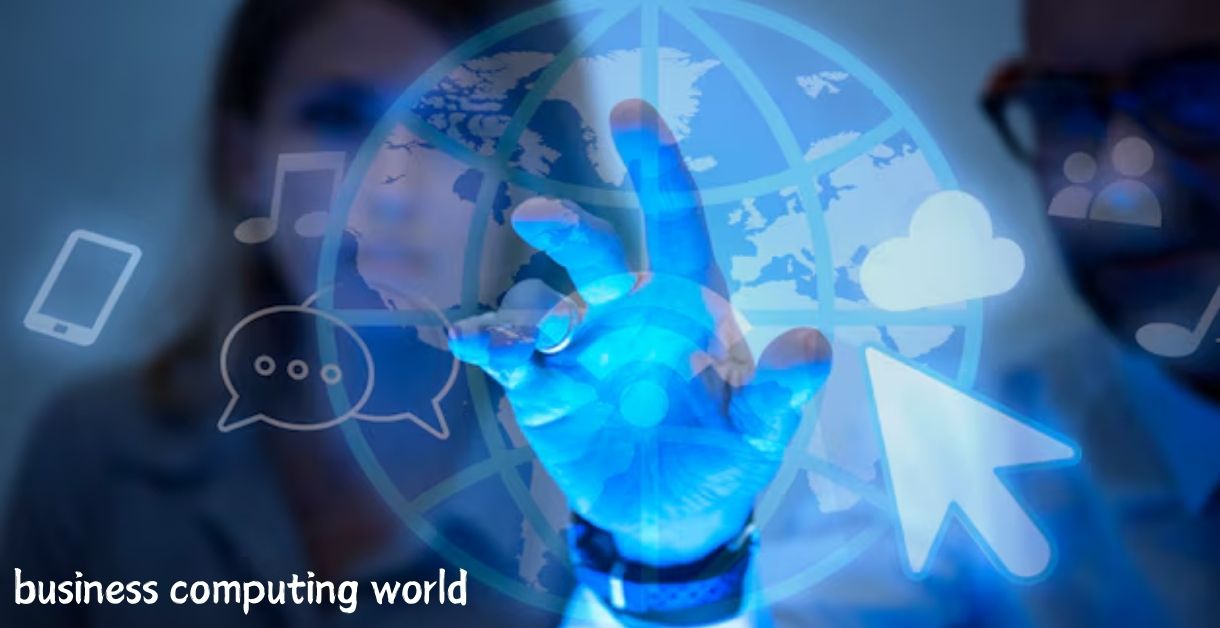The business computing world has evolved into an indispensable part of modern enterprises. It integrates technology, data processing, and strategic management to optimize operations, enhance decision-making, and streamline workflows. Businesses, from startups to multinational corporations, rely on robust computing systems to maintain competitiveness and adapt to rapidly changing markets.
The Role of Technology in Business Growth
Technology serves as the backbone of the business computing world. It enables companies to scale efficiently by providing tools for data analysis, customer relationship management, and enterprise resource planning. By embracing innovative technologies, businesses can automate processes, reduce errors, and focus on core objectives, thus fueling growth.
Cloud Computing Revolution
Cloud computing has transformed how businesses manage their operations. It offers scalable, on-demand resources that reduce infrastructure costs and improve accessibility. Cloud platforms also ensure data security and enable seamless collaboration, allowing teams to work remotely without compromising efficiency.
Big Data and Analytics in Business
Big data has become a critical asset in the business computing world. Companies collect vast amounts of data daily, and advanced analytics help transform this raw information into actionable insights. Predictive analytics, customer behavior analysis, and performance metrics empower businesses to make informed decisions that drive success.
The Importance of Cybersecurity
With increased reliance on digital systems, cybersecurity has become a top priority. Protecting sensitive information, financial records, and customer data is essential to maintaining trust and compliance with regulations. Businesses invest in firewalls, encryption, and AI-driven threat detection systems to safeguard their digital assets.
Artificial Intelligence and Automation
AI and automation are reshaping the business computing landscape. Chatbots, machine learning algorithms, and robotic process automation (RPA) streamline customer interactions, manage inventory, and handle repetitive tasks. These advancements free up human resources for creative and strategic endeavors, boosting productivity.
The Role of Blockchain Technology
Blockchain adds a layer of transparency and security to business transactions. Its decentralized nature ensures tamper-proof records, enhancing trust in supply chain management, financial transactions, and smart contracts. Industries like finance, healthcare, and logistics are leveraging blockchain to create reliable and efficient systems.
E-Commerce and Digital Transformation
E-commerce thrives in the business computing world by utilizing advanced platforms and secure payment gateways. Digital transformation strategies incorporate AI-driven personalization, mobile optimization, and real-time inventory tracking to provide seamless shopping experiences.
The Rise of Remote Work Tools
The global shift to remote work has amplified the need for virtual collaboration tools. Platforms like Microsoft Teams, Zoom, and Slack integrate with business computing systems to ensure seamless communication, project management, and team productivity, regardless of location.
Sustainability in Business Computing
Green computing initiatives emphasize energy-efficient systems, recycling, and cloud-based operations to minimize environmental impact. Businesses adopt sustainable practices to reduce carbon footprints while maintaining high-performance computing standards.
Integration of IoT in Business Operations
The Internet of Things (IoT) bridges the gap between physical and digital systems. IoT devices monitor operations, manage resources, and improve supply chain visibility. Smart sensors and connected devices offer real-time updates, enhancing operational efficiency.
Mobile Computing and Business Connectivity
Mobile computing ensures that businesses stay connected on the go. Smartphones, tablets, and mobile apps provide instant access to critical data and communication tools, allowing professionals to make informed decisions anytime, anywhere.
Challenges in Business Computing
Despite its advantages, the business computing world faces challenges, including data breaches, high implementation costs, and a shortage of skilled professionals. Companies must address these hurdles to fully harness the benefits of advanced computing systems.
The Future of Business Computing
The future holds exciting possibilities for the business computing world. Emerging technologies like quantum computing, edge computing, and 5G networks promise faster data processing, enhanced connectivity, and unprecedented problem-solving capabilities.
Conclusion
The business computing world is a dynamic and ever-evolving domain that drives innovation, efficiency, and competitiveness. By adopting cutting-edge technologies and addressing challenges, businesses can unlock new opportunities and shape the future of commerce and industry.
FAQs
What is the business computing world?
It refers to the integration of technology and data systems to enhance business operations, decision-making, and productivity.
How does AI impact the business computing world?
AI automates tasks, provides predictive insights, and improves customer interactions, enhancing overall efficiency.
Why is cybersecurity crucial in business computing?
Cybersecurity protects sensitive data, prevents breaches, and ensures compliance with regulations, safeguarding a company’s reputation.
What role does cloud computing play in businesses?
Cloud computing offers scalable resources, reduces costs, and facilitates remote work and collaboration, making operations more flexible.
What are the future trends in business computing?
Quantum computing, edge computing, and IoT are among the emerging trends set to revolutionize the business computing landscape.











